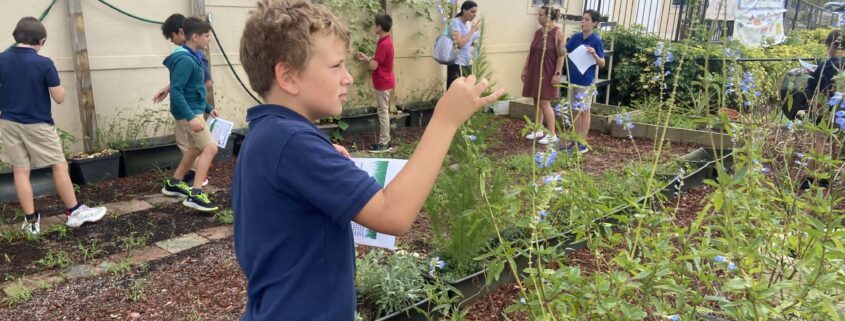5 Lessons to Explore Through Agronomy
“Amidst the greens and blooms, children discover the magic of life – the wonders of nature.”
Through gardening and outdoor learning, children embark on an engaging educational adventure where the seeds they plant blossom into valuable life lessons and essential skills. This captivating exploration develops environmental awareness, empowering children to become responsible caretakers of the planet.
The Invaluable Benefits of Learning Agronomy
Agronomy is a scientific discipline that focuses on soil management, crop production, and sustainable agriculture. It seeks to optimize plant growth, conserve resources, and enhance agricultural productivity while minimizing the ecological footprint.
Learning agronomy offers invaluable benefits for children, providing a holistic educational experience beyond the traditional classroom. Kids explore nature and strengthen their environmental consciousness through gardening and outdoor learning.
Agronomy also teaches children the importance of sustainable practices, healthier eating habits and can support cooking skills. This interdisciplinary approach combines science, mathematics, and art, fostering problem-solving and critical-thinking skills. Moreover, children develop empathy and a sense of responsibility towards the environment and their community.
What Agronomy Education Teaches Kids
Patience and Resilience: Agronomy teaches children that gradual growth requires patience and perseverance. Through trial and error experiences, they learn to adapt and find solutions to challenges that arise in the garden.
Responsibility and Accountability: Caring for plants and the environment requires a sense of responsibility. Children learn that their actions directly impact the well-being of the plants they cultivate, fostering accountability for their choices.
Environmental Awareness: Understanding the significance of sustainable practices and their impact on the ecosystem is crucial for the future of our planet. Agronomy education empowers children to become responsible environmental stewards.
Critical Thinking: Analyzing plant growth patterns, diagnosing pest issues, and making decisions on appropriate interventions require critical thinking skills. Agronomy education nurtures the ability to assess situations and make informed choices.
Teamwork and Collaboration: Many agronomy activities are conducted in groups, fostering student teamwork and collaboration. Working together in the garden enhances communication skills and teaches children the value of cooperation.
At Beth Emet School, as a blend of our dedication to STEM education and environmental awareness, students participate in an agricultural science class where they have the opportunity to study by theory and in practice the following: local climate pattern, principles of organic planting, growing and harvesting (both traditional and hydroponic), scientific experimentation, water conservation and tasting the fruits of one’s own labors.



